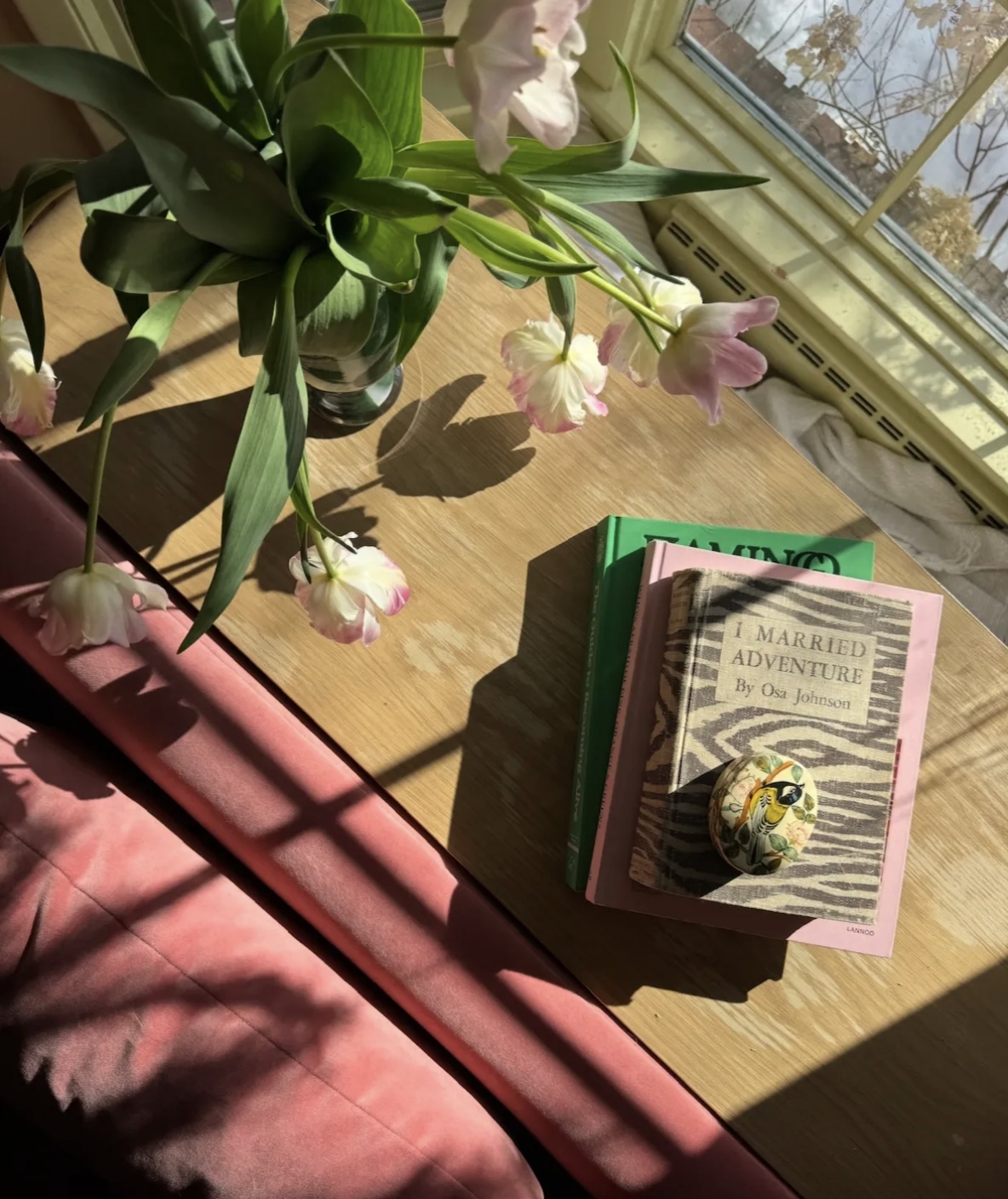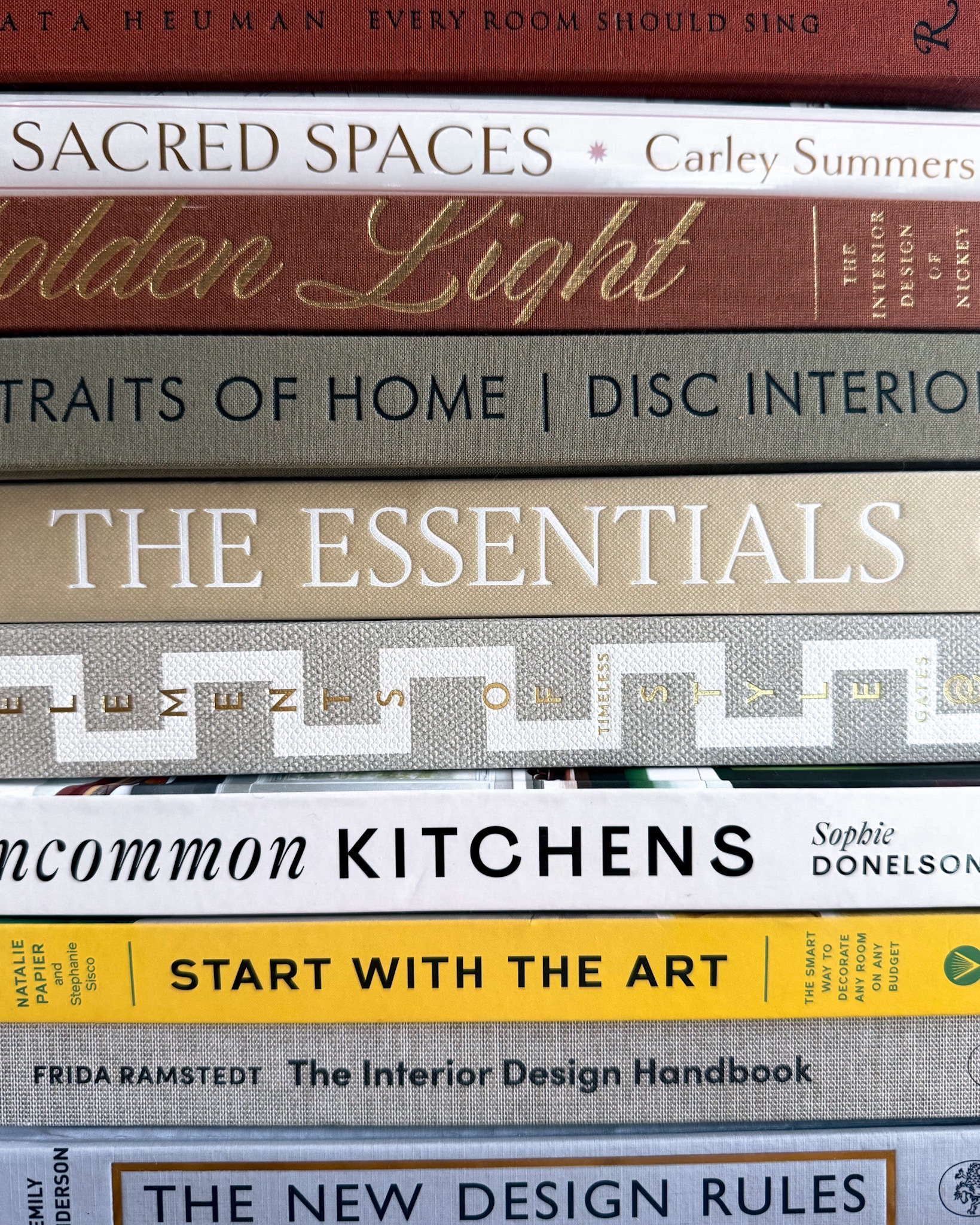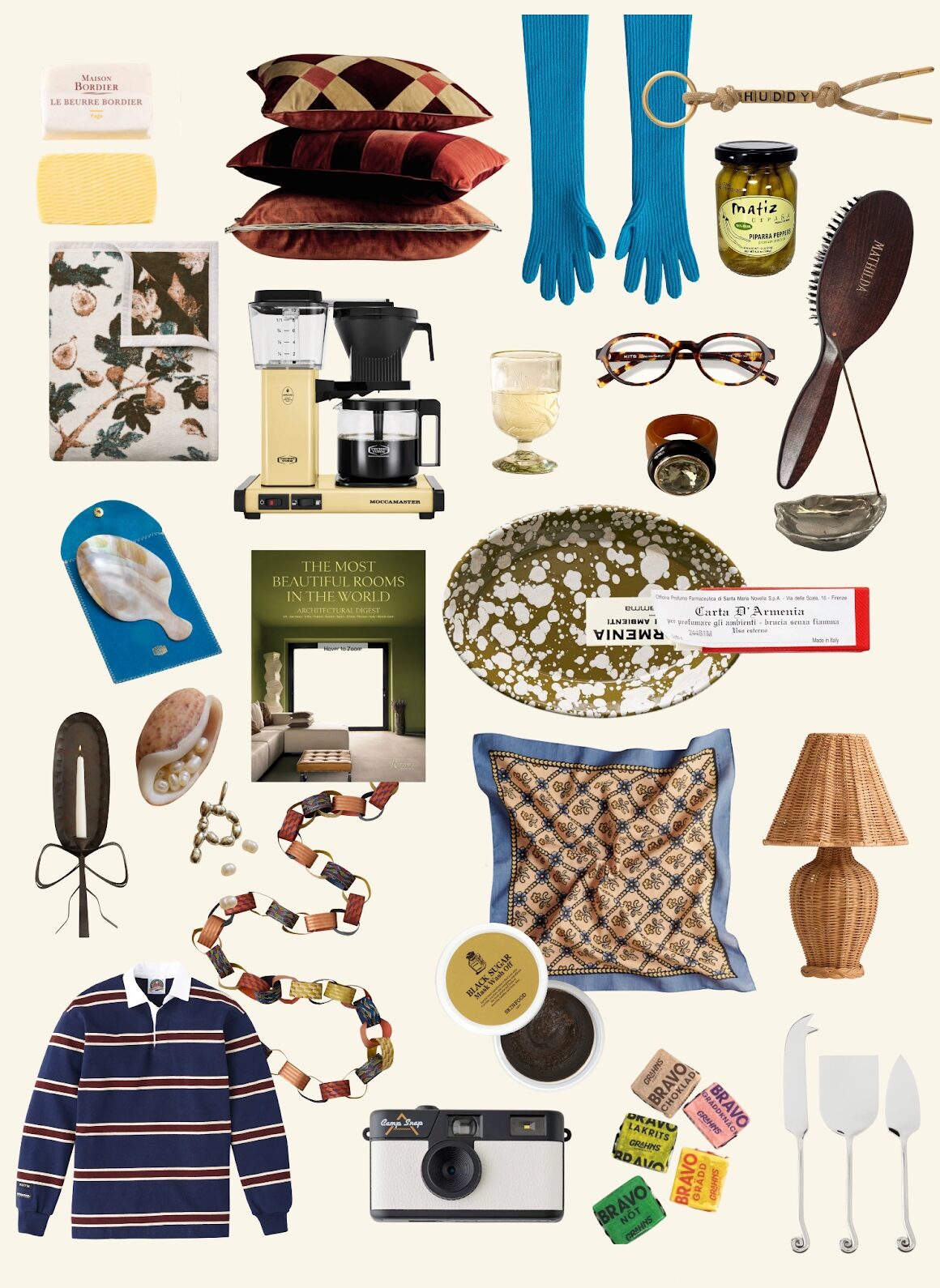

The signs are always the same. A metallic taste in my mouth. Quickening pulse. A knot of dread curls in my stomach. I’m about to publish something I love and care about and I have no idea how people will react. These signs are the ones I want to see bubble to the surface, no matter how uncomfortable they are to experience. Because writing, designing, making products, creating art… that’s my job. And taking feedback, data, and understanding my audience is the only way to serve them better. But it doesn’t make critiques or failures any less hard to swallow. The key, I’ve learned, is coming to accept them as normal. It’s important and necessary, so much so that the worst thing that can happen is to get no feedback at all.
In a hyperconnected world where we consume and see things we never had access to before, it excites me to see we humans rarely accept things as they are without striving for improvement. Last week I discussed how it’s healthy for us to have high standards for ourselves and others, which is why I worry at times, in this culture of self-acceptance and empathy, we can forget that being our own critic and seeking out those who will give constructive criticism is an essential part of building a rich internal life. It’s the only way we get external feedback and the necessary tension required for us to move towards what fills our lives with meaning beyond eating, sleeping, and procreating.
Getting an education in design has given me a unique perspective on why critique is so valuable. Once I graduated and went through the gauntlet of having just about everything I made torn apart, I realized that having a design degree is not about making the perfectly elegant solution to a problem. It means constantly improving upon your ideas. It means knowing when to abandon the bad ones and when to stop editing the good ones. It means learning to look for patterns in feedback, and most importantly, that your work MUST communicate some kind of emotion. And sometimes, anger, fear, resentment, or disgust means you did your job.
And so getting into the business of sharing my work on the Internet seemed like a great place to subject myself to an even wider, less tactful group of critics. It has taught me not only how to look for the right kind of feedback, but also how to separate hard truths from a pathetic troll, and most importantly it’s taught me this:
What other people are saying about you has absolutely nothing to do with your self-worth.
In other words: what people say about you is none of your business.
Your personality, your opinions, the way you choose to live your life—all of it will resonate with some and will never be enough for others. What matters is that you know both how to protect your boundaries and what you’re willing to share, fully knowing someone’s opinion will threaten those boundaries by telling you they think they’re wrong. Or talking about you behind your back. It happens all the time, no matter how much we want to think we’re likable enough to avoid social prosecution. It’s up to you to defend your choices to yourself when a critic shakes the foundation of who you are. It takes courage to stand up for yourself or, even better, never offer a response. Because you don’t have to respond externally or internally. You get to make that choice.
Don’t let your internal dialogue take on the role of critic. No one else can save you from yourself.
This isn’t easy, and it can be especially triggering for the people around you who care about you. I’ve been thrown into a blind rage when my husband has encountered ridiculous situations at work, or trolls go after my own contributors, but I have to remember the rules that I’ve instilled for myself when I feel the urge to fight their battles for them. The ability to believe in oneself AND learn to listen to uncomfortable (and necessary) feedback is core to building self-esteem and resilience.
The gift of imperfection is one of the greatest assets you have once you learn how to reframe your relationship with failure.
It takes time and practice to combat criticism daily without it consuming you, so I have a couple tangible tips for making it less painful:
- Focus on the message and the delivery. Sometimes a well-intentioned critic might not be the best at delivering the message. Give them the benefit of the doubt, or give them feedback on their delivery. If they’re willing to dish it, they should be willing to take it.
- Get cozy with being an imperfect human! No matter how hard you try, you’ll disappoint yourself if making zero errors in your life is the ultimate goal. Instead, focus on living up to positive and healthy expectations for yourself. You don’t need to be perfect but you do need to give yourself the opportunity to be proud of both your effort and the result.
- It’s not personal. It never is. Chances are the critique comes from a place of admiration or belief in your relationship or role on a team. Complacency and passive aggressiveness breeds in environments where critiques are seen as threatening, which sadly creates a much more hostile and dysfunctional environment. When someone asks you to up your productivity, it doesn’t mean they think you’re incapable of meeting a deadline. They’re doing their job to ensure the business is running efficiently. If a friend asks you why you’re not returning her texts, it is because she fears SHE did something wrong, not that you’re a bad friend.
- Consider your sensitivities. Do you tend to get defensive? Shut down when someone brings up a topic that emotes fear? You might be dealing with depression, anxiety, or another emotional block that needs to be attended to. If you want to feel better and feel less victimized by a well-intentioned critique, it’s important to look at what it triggered. Most likely it has nothing to do with the feedback you just received and a lot more to do with some unresolved emotional issue.
One of my favorite lessons on courage and fear comes from Game of Thrones, and it really is fitting when talking about the courage it takes to put yourself (and your work) out into the world.
“One can never be brave unless they are afraid.”
So, embrace that pit in your stomach and remember any and all kinds of feedback are opportunities to grow beyond what scares you.


Kate is the founder of Wit & Delight. She is currently learning how to play tennis and is forever testing the boundaries of her creative muscle. Follow her on Instagram at @witanddelight_.
BY Kate Arends - June 4, 2019
Most-read posts:
Did you know W&D now has a resource library of Printable Art, Templates, Freebies, and more?
take me there
Get Our Best W&D Resources
for designing a life well-lived




Thank you for being here. For being open to enjoying life’s simple pleasures and looking inward to understand yourself, your neighbors, and your fellow humans! I’m looking forward to chatting with you.
Hi, I'm Kate. Welcome to my happy place.

















Thank you very much for the article !
I’ll take this one : It’s not personal. It never is.
The quote you shared, “One can never be brave unless they are afraid” reminds me of a mantra I often consider: “Get comfortable with being uncomfortable”. When we’re willing to put ourselves in a place that is a little scary or doesn’t feel easy, the growth opportunities are incredible. Thanks for sharing this article – lots of good thoughts in here!
Please refer to some of the following measures:
1) Be aware that you are like an animal being attacked
2) Look at the positive side of the opposite
Agree with this one : “Get cozy with being an imperfect human! “
This was a fantastic article with so many helpful points. I am for the first time in my life starting to share my creativity and it is very intimidating and terrifying. Thank you for the help!